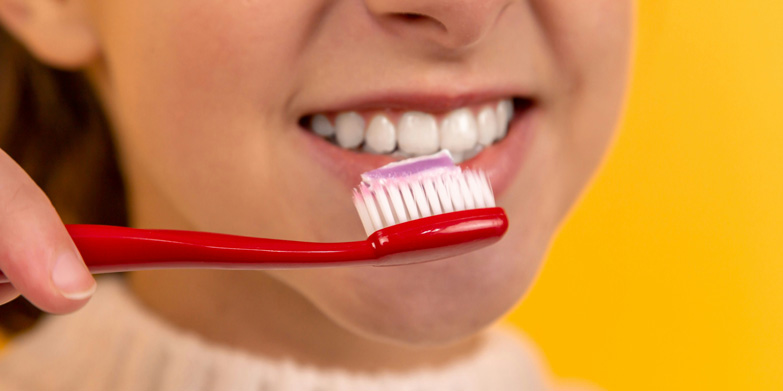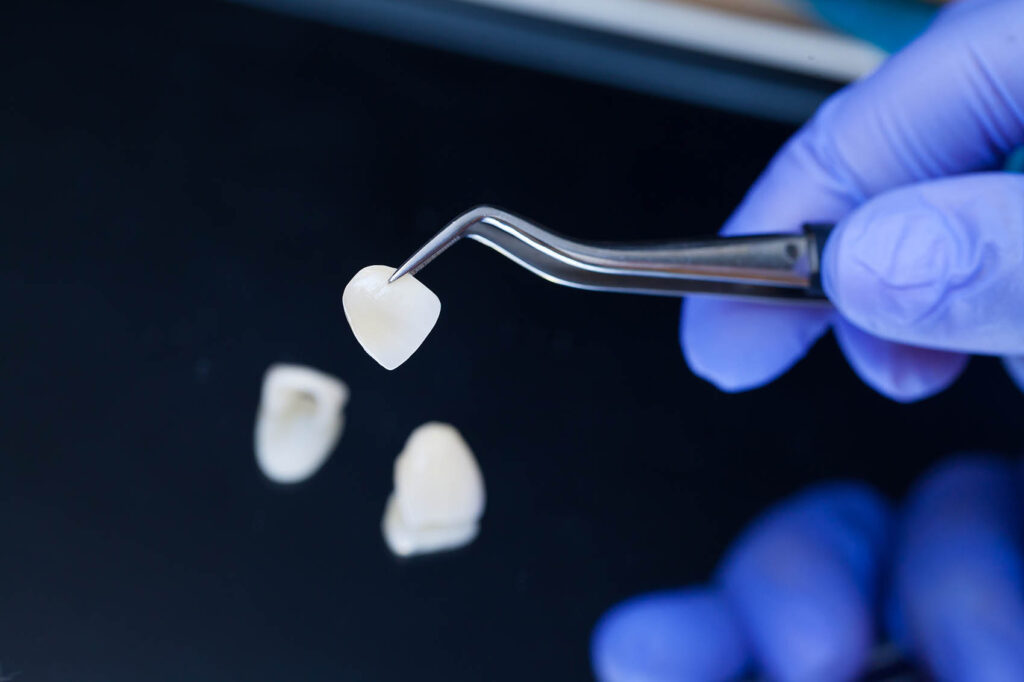When you hear the word dentist, fluoride instantly comes to mind. They have been synonymous with each other for a very long time now, but the tables are starting to turn. Fluoride treatments have long been recommended as an essential part of oral health care, and are found in everything from toothpaste to tap water. However, as more people embrace integrative dentistry, there is growing interest in fluoride-free alternatives. So, is fluoride-free dentistry the right choice for you? We’ll explore what fluoride is, why some people avoid it, and how integrative dentistry offers safe and effective alternatives for maintaining strong, healthy teeth.
How Does Fluoride Work?
Eyeing off that delicious slice of carrot cake? When we indulge in sugary or acidic food, the bacteria in our mouth produce acids that can weaken the enamel, and over time, cavities can form. Fluoride helps to strengthen, or remineralise, the tooth enamel, which is the hard outer part of the tooth to make it resistant to these acid attacks.
So, why do some people avoid fluoride? To start, there are studies out there that suggest that too much fluoride exposure can lead to a bone disease called skeletal fluorosis, which over the years can cause pain and damage to the bones. Fluoride is found in tap water, toothpaste, processed foods and dental treatments. This has led to concerns of overexposure, so people who wish to control their fluoride intake often turn to fluoride-free dentistry.
Avoiding fluoride is a personal choice, and one that an integrative dentist will work with. While fluoride has proven benefits in preventing tooth decay, fluoride-free alternatives, such as hydroxyapatite toothpaste, offer effective, natural ways to protect your teeth.
The Integrative Dentistry Approach to Fluoride-Free Oral Care
Integrative dentistry takes a holistic approach to oral health, considering the teeth and gums, along with their connection to overall well-being. For patients who prefer to avoid fluoride, integrative dentistry offers natural, effective alternatives that support strong, cavity-free teeth.
1. Strengthening Teeth Naturally with Hydroxyapatite
One of the most popular fluoride-free alternatives is hydroxyapatite (HAp), which has been scientifically proven to remineralise and strengthen teeth, much like fluoride, but without concerns over toxicity. Many fluoride-free toothpastes now contain hydroxyapatite as the key remineralising ingredient.
2. Nutrition-Based Oral Health: The Role of Diet
A tooth-friendly diet supports strong enamel and healthy gums naturally.
- Calcium & Phosphorus: Essential for remineralising teeth; found in dairy products, leafy greens, nuts and seeds.
- Vitamin D: Helps the body absorb calcium; obtained through sunlight, fatty fish and fortified foods.
- Reducing Sugar & Processed Foods: Minimises bacterial acid production, lowering the risk of decay.
3. Herbal & Natural Mouthwashes
Instead of fluoride-based mouthwashes, integrative dentists recommend antibacterial herbal rinses containing ingredients like:
- Aloe vera – Soothes gums and reduces inflammation.
- Tea tree oil – Naturally antibacterial, helps prevent plaque buildup.
- Clove oil – Known for its pain-relieving and antimicrobial properties.
4. Regular Dental Check-Ups with a Holistic Focus
Preventative care remains essential, even in fluoride-free dentistry. Integrative dentists focus on early cavity detection with advanced diagnostic tools, provide guidance on natural remineralisation strategies and create personalised care plans tailored to each patient’s oral and overall health. Feeling anxious about that next dental visit? We can help!
Who Might Benefit from Fluoride-Free Dentistry?
Fluoride-free dentistry is not a one-size-fits-all approach. Whether due to health concerns, personal beliefs, or a preference for natural solutions, many patients find fluoride-free dentistry aligns better with their lifestyle and needs. Here’s who might benefit the most from a fluoride-free approach.
1. Individuals with Fluoride Sensitivities or Allergies
Some people experience fluoride sensitivity or allergic reactions to fluoride-containing dental products. Symptoms may include mouth irritation or burning sensations, skin rashes or inflammation, or an upset stomach or nausea. Fluoride-free dentistry provides a comfortable and irritation-free alternative.
2. Parents Concerned About Fluorosis in Children
Dental fluorosis happens when a child ingests too much fluoride while their adult teeth are still forming under the gum. It can lead to white streaks or brown stains on the enamel. It’s natural for small children to accidentally swallow toothpaste while learning to brush their teeth, so a fluroride-free options until they’re old enough to do this can be a good alternative.
3. People with Thyroid Disorders
Some research suggests that excessive fluoride exposure may interfere with thyroid function. Since the thyroid plays a key role in metabolism, hormone regulation and energy levels, those with hypothyroidism may prefer fluoride-free dentistry.
4. Those Following a Holistic or Natural Lifestyle
Many people committed to organic, chemical-free living extend this philosophy to their oral health. Integrative dentistry provides a perfect balance between effective oral care and natural wellness.
Is Fluoride-Free Dentistry Right for You?
Transitioning to fluoride-free dental care does not mean compromising oral health—it simply requires a more intentional, holistic approach. By choosing fluoride-free remineralising products, maintaining a nutrient-rich diet, and working with an integrative dentist, you can keep your teeth strong, healthy and cavity-free without relying on fluoride.
If you’re considering making the switch, schedule a consultation with Dental & Skin Clinic so we can guide you through a fluoride-free oral care plan tailored to your needs. Your smile deserves the best, naturally!



